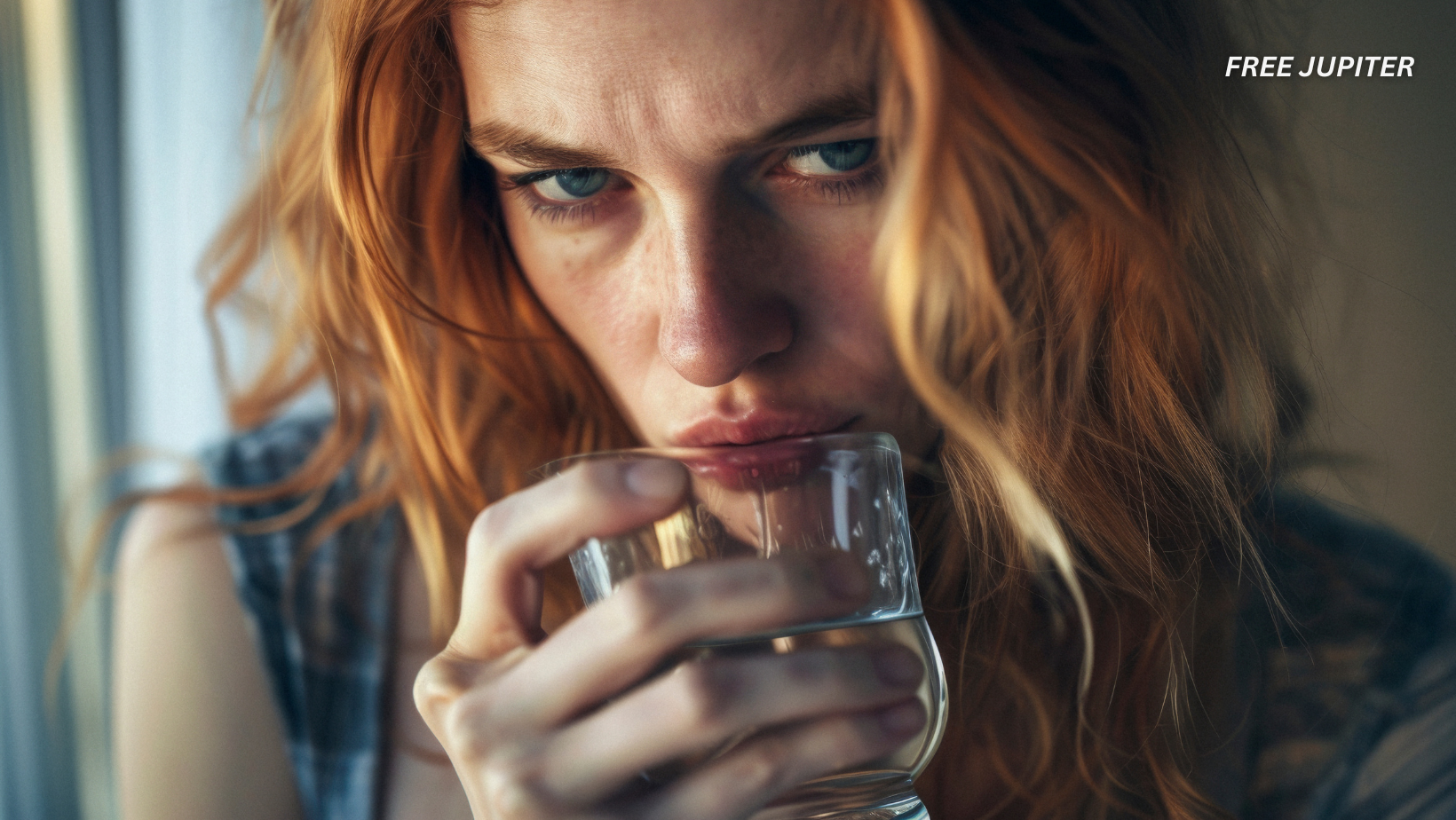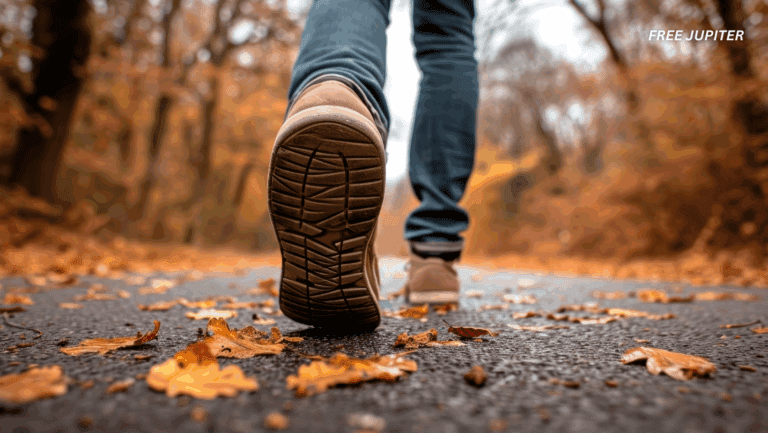Hydration has become a cultural phenomenon, with reusable bottles and hydration supplements now as common at the office as they are at the gym. But with so much buzz, it’s easy to get tangled in misinformation. Do you really need to chug a gallon of water every day? Is plain water the only way to stay hydrated? And are those electrolyte powders worth the hype? Let’s take a quirky, evidence-based stroll through the most persistent hydration myths-and what dietitians actually want you to know.
Myth #1: You Must Drink a Gallon of Water Daily
The vision of people lugging around massive water jugs has become almost iconic, but is this much liquid necessary for everyone? Not quite. The amount of water each person needs is highly individual and depends on a variety of factors-such as age, activity level, body size, weather, and even what you eat.
Registered dietitians point out that drinking excessive amounts of water can actually be counterproductive, potentially leading to overhydration and even kidney stress. Most people do not need to aim for a gallon (128 ounces) each day. Instead, a more personalized approach works best. A commonly suggested guideline is to drink about half your body weight in ounces of water, but even this is not a strict rule.
A Simple Hydration Check:
Use your urine color as a hydration barometer. Pale yellow (think lemonade) signals good hydration, while darker shades (like apple juice) suggest you need more fluids.
Myth #2: Only Water Counts Toward Hydration
If plain water isn’t your favorite, you’re in luck. Water isn’t the only way to meet your fluid needs. Many beverages and even foods contribute to your daily hydration. Milk, herbal teas, 100% fruit juice, smoothies, flavored waters, seltzers, and kombucha all provide fluids.
And don’t overlook the water content in foods: fruits and vegetables can supply up to 20% of your daily fluid intake. Watermelon, cucumbers, oranges, and tomatoes are especially hydrating, with water content often above 90%.
Key Point:
All fluids and many foods count toward your daily total-not just plain water.
Read more: Why You Should Drink Water On An Empty Stomach Immediately After Waking Up
Myth #3: Hydration Only Matters When It’s Hot
It’s true that you sweat more in the summer, but hydration is a year-round concern. In cold weather, your body’s thirst response weakens, making it easier to get dehydrated without realizing it. Wearing extra layers can also cause you to sweat more than you might think, and cold temperatures can increase urine production, further depleting your fluid reserves.
Takeaway:
Don’t let chilly weather fool you-your body still needs consistent hydration, even when you’re bundled up.
Myth #4: Everyone Needs Electrolyte Powders or Supplements
Electrolyte powders and hydration supplements have exploded in popularity, but are they necessary for most people? Generally, no. Most adults get enough electrolytes – like sodium, potassium, and magnesium – through a balanced diet that includes fruits and vegetables.
Supplements may be helpful in certain situations, such as intense exercise, prolonged exposure to heat, or illness that causes significant fluid loss. But for the average person, adding extra sodium or other electrolytes is unnecessary and could even be harmful, especially since many people already consume more sodium than recommended.
Bottom Line:
Unless you’re an endurance athlete or have specific medical needs, you can skip the electrolyte powders and focus on a varied diet.
Myth #5: Thirst Is the Only Sign of Dehydration
Many people use thirst as their main cue to drink, but it’s not always reliable-especially as we age. Factors like stress, illness, and certain medications can dull your thirst response, meaning you might not feel thirsty even when your body needs fluids.
Other signs of dehydration include:
- Dark yellow urine
- Fatigue
- Dry mouth
- Headaches
- Dizziness
- Dry skin
Pro Tip:
Keep a beverage nearby and sip throughout the day, rather than waiting until you feel parched.
Myth #6: Drinking More Water Can Reverse Kidney Disease
Hydration is crucial for kidney health and can help reduce the risk of kidney stones. However, drinking more water cannot reverse chronic kidney disease. Managing kidney health involves more than just drinking fluids – it requires individualized nutrition, lifestyle changes, and medical guidance. In some cases, people with kidney disease may even need to limit their fluid intake.
Reality Check:
Water supports kidney function, but it’s not a cure-all for kidney disease.
Read more: The Truth About Apple Cider Vinegar: Health Perks, Risks, and Recommended Dosage
Other Persistent Hydration Myths
Myth: Coffee and Tea Dehydrate You
Coffee and tea have long been accused of causing dehydration due to their caffeine content. While caffeine is a mild diuretic, the fluid you consume with these beverages more than compensates for any increased urine output. In moderation, coffee and tea can contribute to your daily hydration.
Myth: All Beverages Hydrate Equally
Not all drinks are created equal. Sugary sodas and alcoholic beverages can actually undermine hydration. Alcohol, for example, suppresses the hormone that helps your body retain water, leading to increased urine output and potential dehydration.
Myth: Drinking Excess Water Is Always Safe
Consuming too much water too quickly can disrupt your body’s electrolyte balance-a condition known as water intoxication or hyponatremia. This can cause serious health issues, including seizures and loss of muscle control.
Read more: Earth’s Water Might Not Have Originated From Asteroids After All: Scientists
Smart Strategies for Staying Hydrated
- Choose Unsweetened Drinks:
Opt for plain water, unsweetened tea or coffee, low – or fat – free milk, and sparkling water. Limit sugar-sweetened beverages, which can contribute to health problems over time. - Adjust for Activity and Climate:
If you’re active or live in a hot environment, your fluid needs will be higher. Listen to your body and increase your intake as needed. - Monitor Bathroom Breaks:
Aiming for six to seven trips to the restroom daily is a good indicator that you’re drinking enough. - Make Hydration Enjoyable:
Jazz up your water with slices of fruit, berries, or a splash of 100% juice. Try infusing water with herbs like mint or basil for a refreshing twist. - Eat Hydrating Foods:
Incorporate more fruits and vegetables into your meals and snacks for an extra hydration boost.
The Takeaway: Hydration Is Personal, Not Prescriptive
Hydration is essential, but there’s no universal rule that fits everyone. Instead of chasing arbitrary numbers or falling for trendy products, focus on a balanced approach:
- Drink a variety of fluids you enjoy
- Pay attention to your body’s signals (including urine color and energy levels)
- Adjust your intake based on your lifestyle and environment
And remember, hydration isn’t just about water-it’s about supporting your body’s needs in a way that fits your life. So, fill up your favorite bottle, add a slice of lemon or a sprig of mint if you like, and drink to your own rhythm. Your body will thank you for it.










